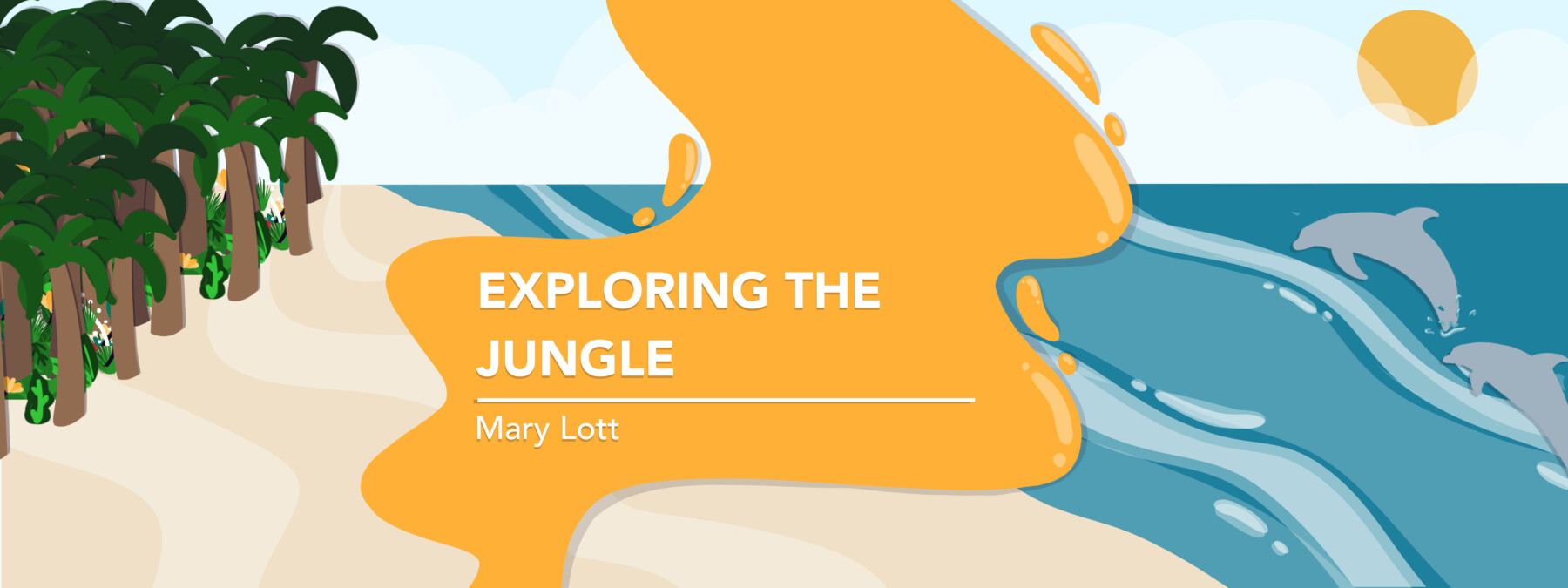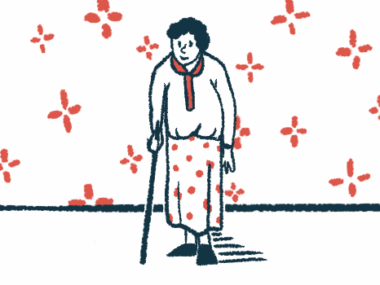What they’re saying in an online support group of CAD patients
Among the top responses: We're too invisible, we're too tired, and we feel alone
Written by |

In May 2018, I entered the unknown “jungle” of a cold agglutinin disease (CAD), accompanied by what my doctor calls chronic lymphocytic lymphoma. CAD is a rare disease, and in April 2018, I had no understanding of it.
Sadly, most people, including some in the medical profession, also have no understanding of it.
Along the way, I encountered others with CAD, some through a Facebook group devoted to the disease. I asked the participants there what they wished people understood about CAD. I got 90-plus responses!
Primarily, they seemed dispirited about the invisibility of CAD. Although CADdies, as we with CAD call ourselves, have a real condition, we’re not usually seen as having a disability. That perception can even extend to our caregivers and family members.
Doreen said, “I wish people wouldn’t look at me like I’m crazy when I try to explain to them what CAD is. … I have a chronic illness and I’m not faking how I feel. But most of all, I hope to find a way to fit in with family and friends who have no idea how hard it is to fit in.”
We are tired
The No. 1 response was some version of “CADdies are tired.” We’re always tired. And it’s a poorly understood type of tiredness. It can’t be fixed by sleep. On Sept. 15, for instance, I whined to the group, “I just had a shower and dressed. I am now wiped out. No energy at all. Slight headache.”
My experience was not at all unusual. Since CAD anemia and subsequent fatigue are a result of hemolyzation, treating that anemia requires several approaches. As Ellen wrote, “No. I don’t ‘just need to take iron.’”
Gerry wrote, “[A]lthough you may look fine, you have very little energy. And you need time to do ‘nothing.’ Socializing is good, but we need lots of rest, too.”
This draining tiredness can come on suddenly. Last Monday, I hopped on my motorcycle to pick up some tortillas from a friend here in Papua, Indonesia. It was a calm 5.5 kilometers (about 3.4 miles) to the place where my friend worked. We chatted for a bit, and then I left for home.
The trip home was about half over when exhaustion overtook me. I felt as if I’d been exercising, not just sitting on my motorcycle. As soon as I arrived home, I put the tortillas away and went to bed. I didn’t get up again for six hours.
Life for CADdies is like that.
Many CADdies have read papers and online essays and listened to conference presentations so we can better understand what’s happening to us. Yet because we’re patients and not medical professionals, our knowledge is often dismissed. More than one person echoed Nancy’s frustration and discouragement upon giving her doctor “the physicians’ paper handouts … and having them hand [the papers] back to me, without looking at them.”
Regarding blood labs, Kathy wrote, “I wish phlebotomists would understand how to handle our blood … or at least listen to what we tell them.”
Our blood must be handled carefully
It’s paramount to handle our blood correctly. Cristina acknowledged this fact by writing that “our treatment is usually determined by our lab results, and when our blood is not properly handled, we cannot get proper or appropriate treatment.” I was surprised when, in June 2021, a small accident involving a toe was affected by my blood health. Proper treatment of my blood with even such a small issue allowed the doctor to prescribe for me more effectively.
Nancy described becoming a “difficult” patient by explaining, “Being able to get accurate test results makes me crazy at times. Even at my hematologist’s office. It’s not that hard! Despite a huge flashing red banner at the top of my file, some of the medical professionals there just don’t get it and will try to take my blood draws incorrectly. I refuse to let them draw it until they get another nurse. While I hate being the ‘difficult’ one, I’m the one getting flawed reports.”
Individually, we encourage each other
Perhaps the most poignant responses were those who spoke about the loneliness of CAD. Theda wrote, “I wish they understood, that I don’t know exactly a lot about CAD, that I don’t understand either. And it feels alone.”
These plaintive messages express our hearts’ cry concerning this malady. These four messages — CAD is real, we’re fatigued, we know about our disease, and we feel separate from others — are just a small part of what we want others to know. The fact that we have a rare disease makes advocacy more challenging.
But although we feel alone, we aren’t really. Through Bionews, the parent company of this website, and online groups such as the one I mentioned on Facebook, CADdies can find fellowship as we individually journey through this jungle together.
Note: Cold Agglutinin Disease News is strictly a news and information website about the disease. It does not provide medical advice, diagnosis, or treatment. This content is not intended to be a substitute for professional medical advice, diagnosis, or treatment. Always seek the advice of your physician or other qualified health provider with any questions you may have regarding a medical condition. Never disregard professional medical advice or delay in seeking it because of something you have read on this website. The opinions expressed in this column are not those of Cold Agglutinin Disease News or its parent company, Bionews, and are intended to spark discussion about issues pertaining to cold agglutinin disease.







Leave a comment
Fill in the required fields to post. Your email address will not be published.